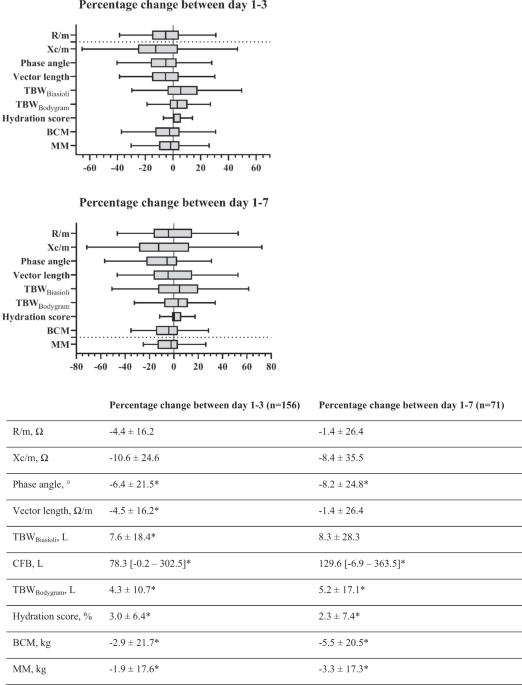
- Select a language for the TTS:
- UK English Female
- UK English Male
- US English Female
- US English Male
- Australian Female
- Australian Male
- Language selected: (auto detect) - EN
Play all audios:
SOME READERS STILL ENJOY HORSE MEAT, WHILE OTHERS ARGUE IT SHOULD BE OUTLAWED IMMEDIATELY There are calls FOR A BAN ON THE SALE AND CONSUMPTION OF HORSE MEAT in France. They were sparked by
a French MP’s draft law, which was then backed by a number of French celebrities. On Monday (August 7), we asked for your views on the story. We have highlighted some of your responses
below. LACK OF REGULATION Overall opinions were mixed, but slightly more readers responded in favour of a ban. “It should stop now,” said A.M., who added she believed all trading of horse
meat should be banned immediately, not just in France. “Horsemeat was on the menu at a restaurant I was in today… I'm a horse owner and chose to move to another restaurant as soon as I
saw that,” said J.P., who highlighted her ethical concerns regarding how horses set for slaughter are treated. “I'm not averse to horses being eaten… but the industry and their care is
not regulated,” she added. Furthermore, she said horses “are either fattened up before or after the horrendous transport. Being overweight can create a very painful condition for horses
called laminitis”, and that sometimes the horses sent for slaughter are “mothers with foals at foot.” Reader N.C. said she remembered eating horse meat as a teenager in France “but has not
done so for thirty or so years,” and that it “was much harder to find horse meat now”. She believes that attitudes have changed in France about eating the meat, illustrated by the difficulty
in finding a boucherie chevaline (horse butchers). ‘HYPOCRITICAL’ TO SHOW CONCERN Other readers, however, believe that the consternation over consuming horse meat is overplayed and that it
is not so different from eating other animals. “It's so hypocritical. It's ok to eat rabbits but not horses? It makes no sense,” said F.C. “Since moving to France we have eaten
horse meat on many occasions and even in the form of burgers,” said I.W. “It has become harder to find in the supermarkets, but may still be available at independent butchers,” he added. “It
is a very lean meat and there is no waste left over, unlike entrecote [a beef cut],” he added, before concluding that he “could never understand the fuss made when it was found in things
like lasagne in the UK,” except it was not accurately declared on the packaging. B.H. also agreed that, aside from making sure the animal is treated well, he has no qualms with eating it:
“Providing it's well cooked, humanely treated, fit for human consumption I see no problems.” Although Britons may baulk at the idea of eating horse meat, B.H. wrote to say he worked at
a butcher’s shop in London specialising in horse meat. “As far as I know it was the only such shop in London. [the meat] was bought for big dogs, small pets, and a small number of devotees
who bought for their own plate,” he said. “At 5/0 shilling per pound, it was not cheap but on par with prime meats. Good value. The shop was a one/man business that finally closed about 1963
- having survived for 30 years,” he added. YOUR VIEW Where do you stand on the issue? Let us know via [email protected]. RELATED ARTICLES: BREXIT: WHAT WILL FRANCE-TO-UK FOOD CHECKS
MEAN… IF THEY EVER COME IN? RIDING CENTRES IN FRANCE STRUGGLE TO FIND HORSES









